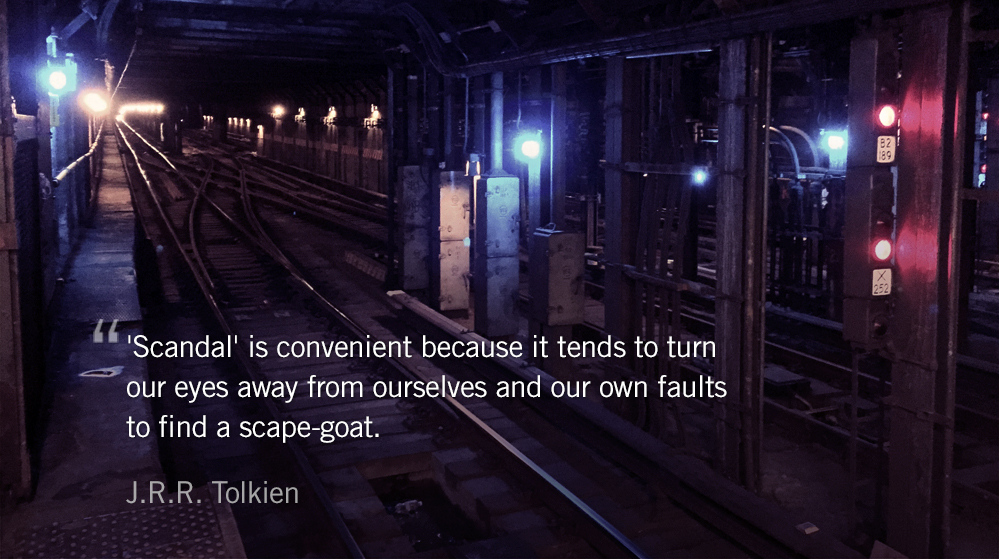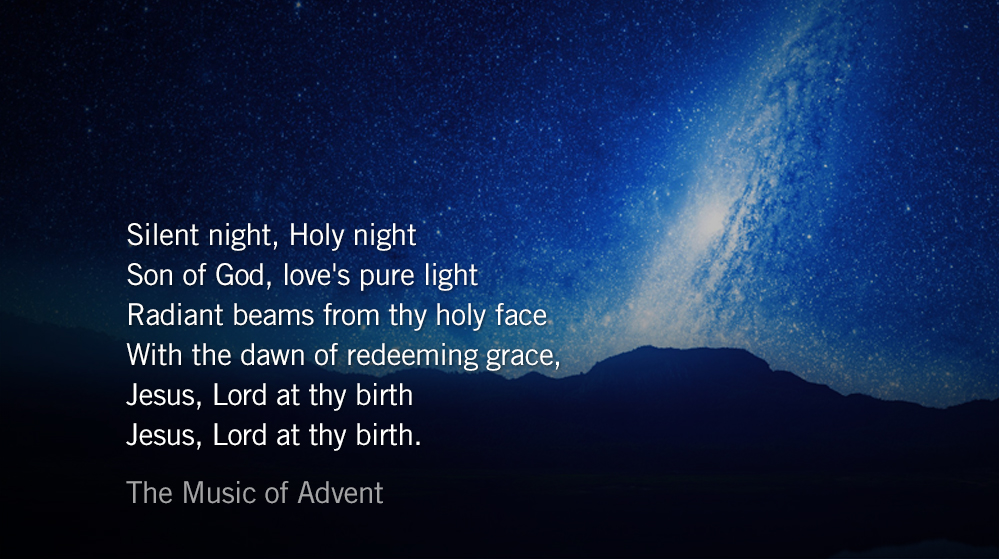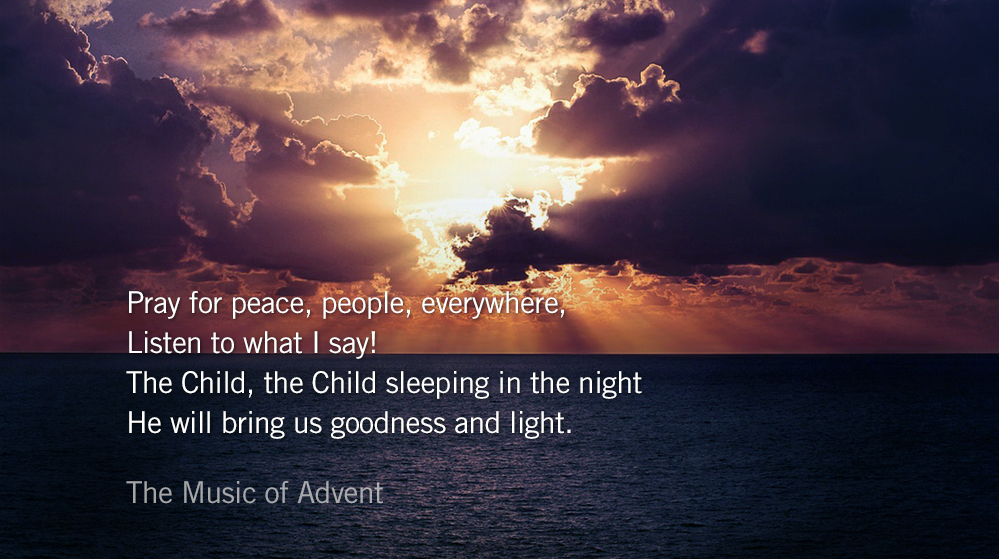Also Read: When Christian Leaders Fail (Part I)
By J.R.R. Tolkien
Higher devotion to religion is, of course, degraded in some degree by all ‘professionals’ (and by all professing Christians. But you cannot maintain a tradition of learning or true science without schools and universities, and that means schoolmasters. And you cannot maintain a religion without a church and ministers; and that means professionals: priests and bishops. The precious wine must (in this world) have a bottle, or some less worthy substitute.
‘Scandal’ at most is an occasion of temptation—as indecency is to lust, which it does not make but arouses. It is convenient because it tends to turn our eyes away from ourselves and our own faults to find a scape-goat. But the act of will of faith is not a single moment of final decision: it is a permanent indefinitely repeated act—a state which must go on—so we pray for ‘final perseverance’.
The temptation to ‘unbelief (which really means rejection of Our Lord and His claims) is always there within us. Part of us longs to find an excuse for it outside us. The stronger the inner temptation the more readily and severely shall we be ‘scandalized’ by others. I think I am as sensitive as you (or any other Christian) to the ‘scandals’, both of clergy and laity.
The only cure for sagging of fainting faith is Communion. Though always Itself, perfect and complete and inviolate, the Blessed Sacrament does not operate completely and once for all in any of us. Like the act of Faith it must be continuous and grow by exercise. Frequency is of the highest effect.
Go to Communion with them (and pray for them). It will be just the same (or better than that) as a mass said beautifully by a visibly holy man, and shared by a few devout and decorous people. I myself am convinced by the Petrine claims, nor looking around the world does there seem much doubt which (if Christianity is true) is the True Church, the temple of the Spirit* dying but living, corrupt but holy, self-reforming and re-arising.
*Abridged from a letter to Michael Tolkien, November 1, 1963. From The Letters of J.R.R. Tolkien (Mariner Books, 2000).
Today’s Reading
2 Chronicles 34 (Listen – 6:23)
Revelation 20 (Listen – 2:49)











